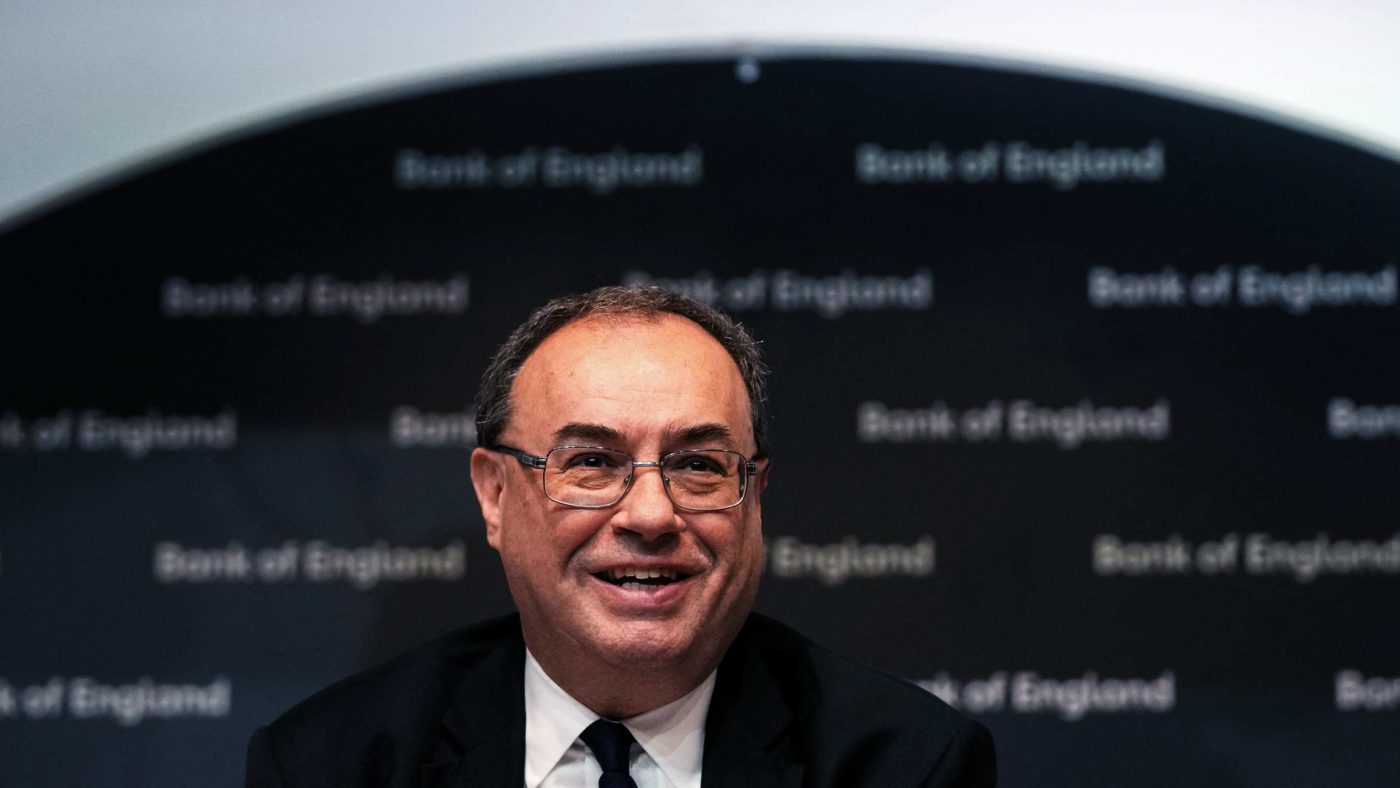Inflation nearing double-digits, railways effectively nationalised, and ABBA set to go on tour. The country is closer to the 1970s than we would hope for. The spectre of stagflation looms, with the ONS announcing sluggish growth of 0.8% since the start of the year, and the economy contracting during March.
To describe the outlook as bleak is an understatement. Inflation has never reached such heights without inducing a recession in the wind-down, with the Bank of England warning this one will be the ‘sharpest on record’. Households face the biggest blow to real incomes in more than 30 years and – just to cheer us all up – the Bank’s governor, Andrew Bailey, is warning of ‘apocalyptic’ food price rises.
All things considered, the way that policymakers are reacting is nothing short of bizarre. Bailey in particular has provoked baffled outrage by twice suggesting that workers ‘reflect carefully’ before asking for a pay rise, because of the potential inflationary effects of higher wages. Given that his own salary is well north of £500,000 a year, that is not what one would call a ‘good look’.
That PR blooper aside, a big concern is the Bank’s insistence on tackling inflation through traditional methods of monetary tightening. What’s puzzling is that this is usually a response to overheating consumer demand, which is decidedly not the case in the UK at the moment.
Indeed, consumer confidence has slumped to its lowest level since the financial crisis. Retail sales for March 2022 are down 6.1% from the year earlier. Responding to that situation by trying to tame consumer spending is impractical at best and damaging at worst.
Monetary hawks often cite the US battle against double-digit inflation in the 1970s as the reason to come down hard on interest rates. Paul Volcker, the then chairman of the Federal Reserve, contained inflation by hiking interest rates to 20%. The problem is, the UK’s position today is simply not analogous to the one facing the Americans back then.
Volcker’s rate hike was necessary as inflationary expectations (the rate at which people expect inflation to be in the future) had become unmoored, so a strong signal was needed in order to help equalise the wage-price spiral. This is not the reality faced in Britain today: a Bank of England/Ipsos study found that the average inflationary expectation two years from now is at 3.2%.
While controlling such expectations are undeniably important, deliberately engineering a recession to do so would be totally disproportionate.
Bear in mind too that, faced with soaring prices, many households have turned to credit cards as a means of covering basic necessities. UK households have taken on an extra £16bn in personal debt, and consumer credit is expected to jump 7.9% this year. Hiking interest rates will heighten associated borrowing costs and place further strain on households. This is exacerbated by predictions that more than 250,000 households will ‘slide into destitution’ next year.
We also need to think about what is driving the spike in prices. There is a broad consensus that inflation is primarily a global phenomenon, with the Ukrainian invasion driving near unprecedented levels of volatility in global energy markets – none of which will be tackled by increasing interest rates here.
The Bank of England should remain steadfast. Loose monetary policy and going for growth is the best hope of rebuilding the economy. Increasing interest rates will do little to mitigate the inflationary pressures driving the latest spike, and will risks untold harm to families who are already struggling.
And if anyone feels they deserve a pay rise, that’s up to them, not the governor of the Bank of England.
Click here to subscribe to our daily briefing – the best pieces from CapX and across the web.
CapX depends on the generosity of its readers. If you value what we do, please consider making a donation.


